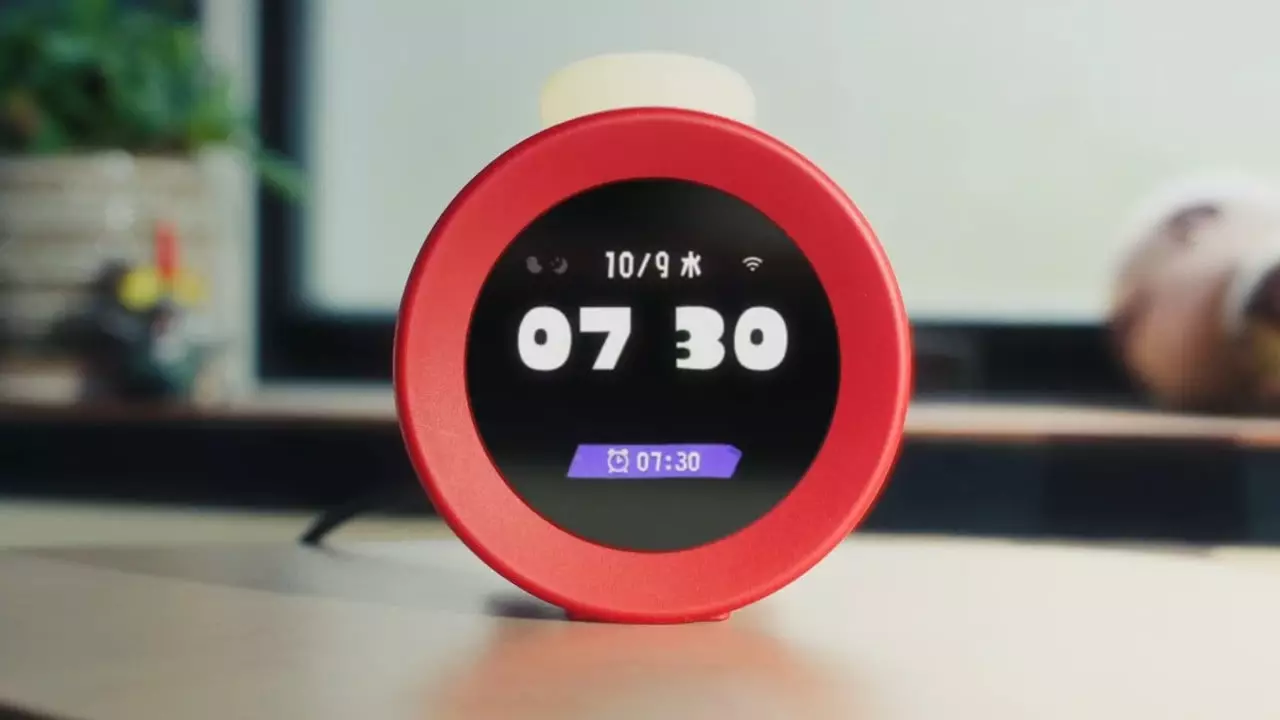In a surprising twist this week, Nintendo unveiled an innovative new product that’s far removed from its traditional gaming hardware—an alarm clock named the Nintendo Sound Clock: Alarmo. While fans may have been eagerly anticipating news of a successor to the Nintendo Switch, this unexpected reveal straddles the line between gaming and lifestyle technology, showcasing Nintendo’s desire to expand its recreational influence.
The Alarmo stands out not merely as a time-telling device, but rather as a smart gadget that connects with the user’s lifestyle. Priced at $99.99, the clock is currently available for North American consumers through Nintendo’s official online store, with a European release slated for later. Ensuing excitement centers on its capability for updates, suggesting that Nintendo is playing the long game with Alarmo, fostering a sense of community around this product—a rarity amongst alarm clocks.
The first software update, Version 2.0.0, is a testament to this ambition. The update introduces a “Moderate Mode,” which presumably tailors the alarm experience to different sleep cycles, addressing the diverse needs of users. Additionally, the introduction of a “Movement Record” feature promises to track periods of sleep, integrating health-monitoring capabilities that go beyond mere wake-up functionality.
The ease of access to updates is one of the Alarmo’s selling points. Users will receive notifications directly on the device when updates become available, reinforcing the notion that this is not just a traditional alarm clock, but a piece of constantly evolving technology. The update process is streamlined; users must simply press a notification button to follow prompts. This seamless experience is critical in fostering user engagement—efforts that are sometimes lacking in consumer electronics.
Nintendo is not shying away from continuous improvement, as evidenced by mentions of ongoing “general system stability improvements.” This commitment to refinement is essential, considering the potential for technological hiccups in device connectivity and updates. However, one can argue that the core question remains—does an alarm clock need to be updated? While the features presented are intriguing, they might overshadow the fundamental purpose of the device.
In an era where technology ceaselessly drives us towards convenience and smart solutions, one must ponder whether exceptional features can alleviate the basic functionality—does a clock that tracks movement really enhance our waking experience, or is it merely an extravagant add-on?
The Nintendo Sound Clock: Alarmo marks a notable departure from the company’s gaming-centric legacy, venturing into the realm of smart home devices. While it offers exciting innovative features, it also raises questions about the necessity of such advances in a product that has functioned effectively for decades. As Nintendo continues to explore avenues beyond gaming, whether users embrace this change will ultimately depend on the effectiveness of the product in improving their daily routines. For now, the unique blend of gaming culture with lifestyle technology is an intriguing proposition for consumers, crafting a future where Nintendo’s influence extends well beyond consoles and games.

